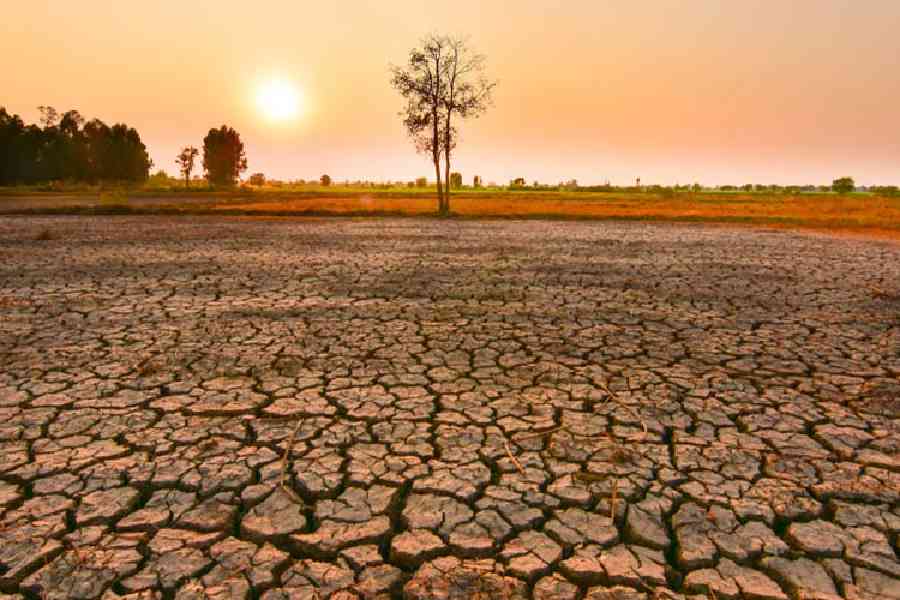The ‘Little Boy’ is up to his tricks. Emerging weather data are making it clear that El Niño — meaning little boy in Spanish — the phenomenon of the warming of the equatorial Pacific Ocean adjacent to northwest South America that influences global weather events, is beginning to have a deleterious impact on the Indian monsoon. The nation has experienced its driest-ever August since 1901. August, incidentally, is the second-most rainiest month in India and the country, figures suggest, usually receives 255 millimetres of rain — approximately 22% of its annual rainfall — in this particularly wet month. This year though, thanks to El Niño’s mischief, the rains have been far scantier. India reportedly received 160 mm of rain till August 29, resulting in a mean deficit of 33%. Southern and western India seem to have borne the brunt: Gujarat and Kerala have experienced a rain deficit of almost 90% this month. The deficit percentage is over 50 in Karnataka, Telangana and Andhra Pradesh while Tamil Nadu is battling a 23% shortage. Only the eastern and the northeastern states appear to have escaped El Niño’s clutches in August. But these regions were unusually dry in July.
If El Niño’s effects intensify, the implications can be ominous for agriculture and water conservation. Already, water levels in reservoirs in numerous states are reported to have depleted dangerously. For instance, in Kerala and Tamil Nadu, reservoir storage has dropped by 50%. The northern states are not doing any better: Bihar’s water levels in reservoirs stand at 12%. It is pertinent to mention that India’s agrarian production is heavily dependent not just on the monsoons but also on reservoir water. A concomitant concern is, of course, crop harvest. A monsoon made feeble by El Niño is likely to moderately affect kharif crops: the impact on winter crops could, however, be far harsher. Poor agricultural output, combined with persistently stubborn inflationary pressures, would in turn heighten crises in food and livelihood. The resultant economic shocks should be best avoided, given the fact that the Indian economy is yet to recover fully from the lashing of the pandemic. Politics is unlikely to escape this potential economic turmoil, especially in an election year. The Narendra Modi government, which is seeking to return to power for the third term, should start planning with an eye on the sky.











